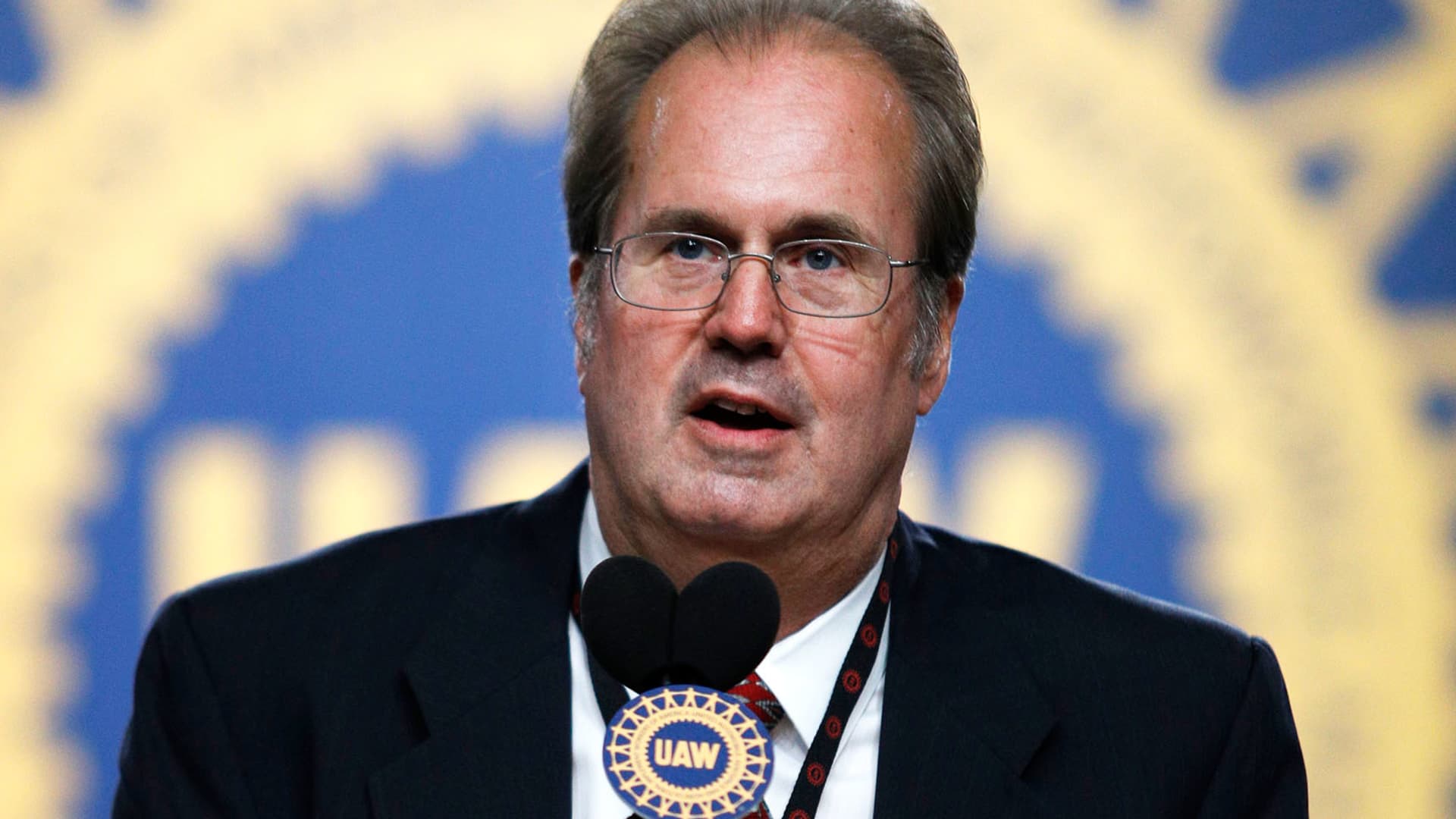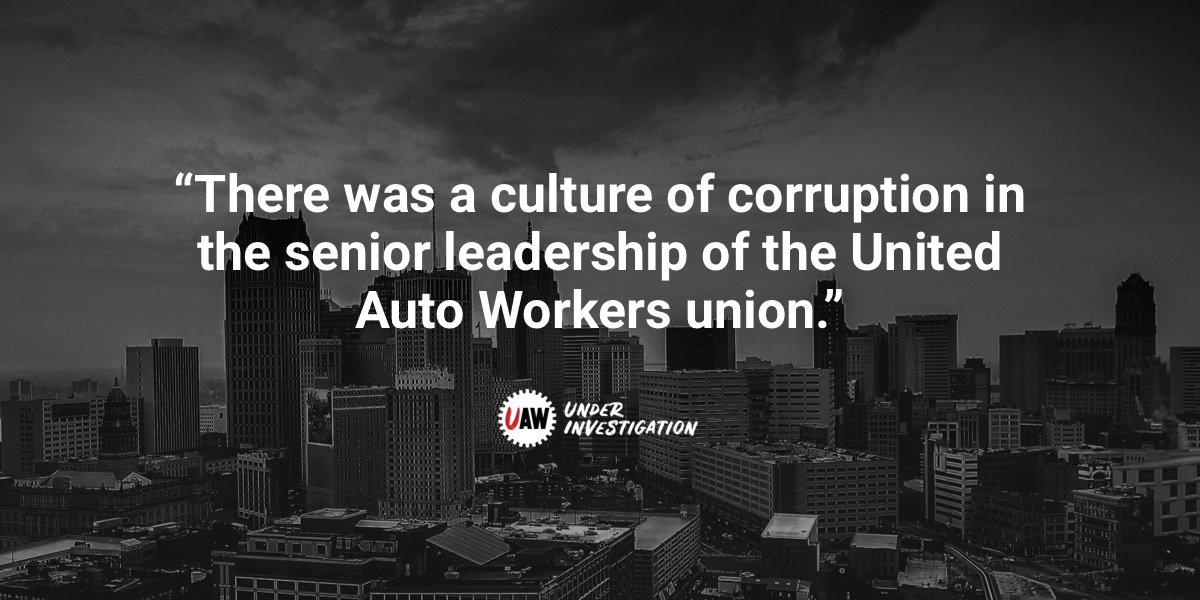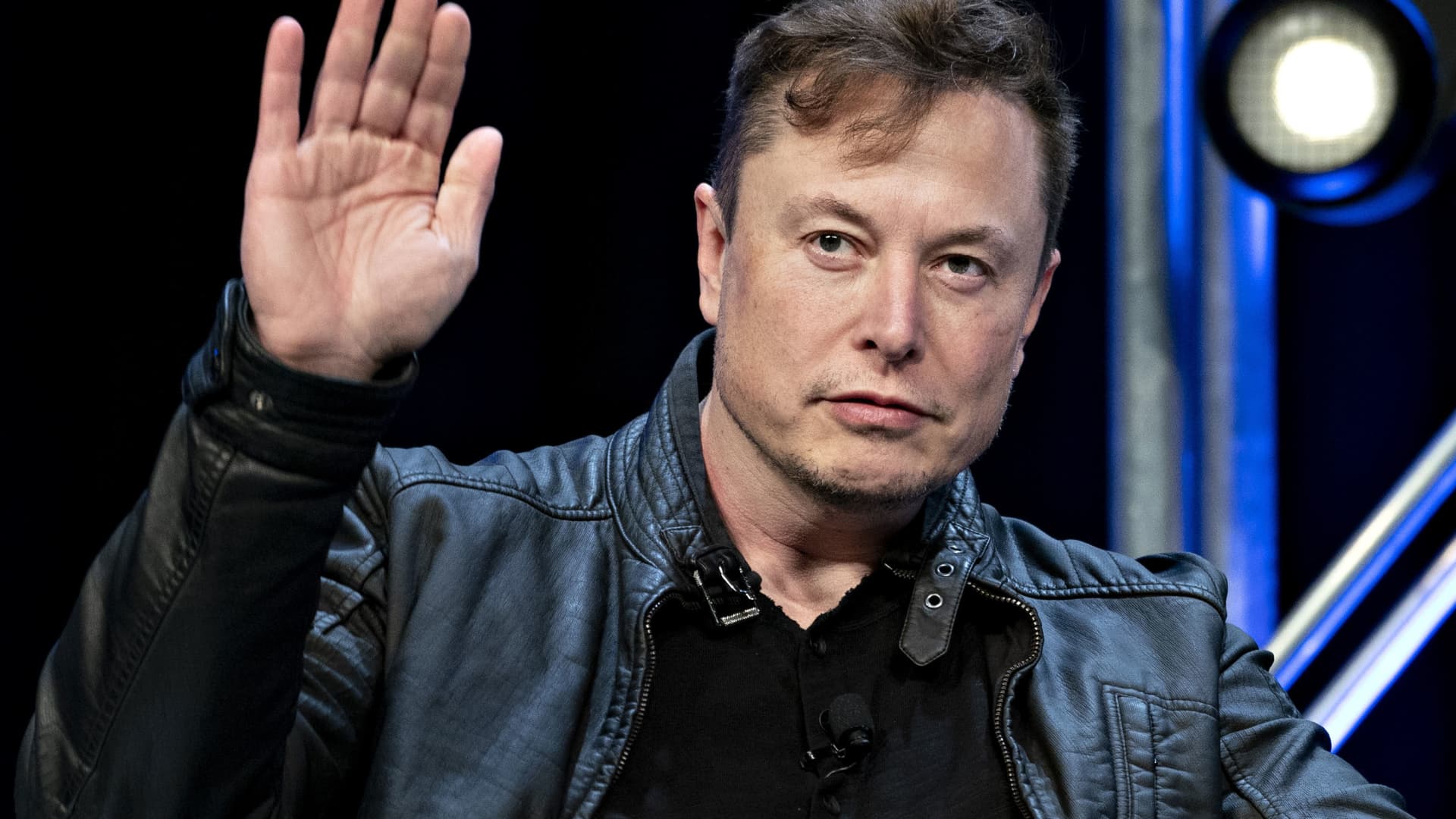MC3OZ
Active Member
Do you have any idea how ridiculous you sound? The people who can most accurately comment on Tesla's FSD progress are those testing it in the real world. There are lots of those people. Many are unqualified to offer any kind of opinion because they understand little about how to accurately observe anything. But that still leaves plenty of people with direct experience and the ability to interpret and describe it.
The Tesla team can most accurately assess the progress of those things that haven't yet made it out to their legion of beta testers.
Personally I have observed only marginal improvements since last year, when I first got the FSD Beta software. They have come slowly and steadily, but with many steps backward. And I'm mostly driving around Bay Area suburbia, which ought to be pretty easy and familiar to Tesla's developers. There have been no "step changes", which I've found very disappointing.
I don't think I expressed my point well.
Yes observers see and measure progress to some extent, but the apparent lack of progress doesn't really inform us about the strategy relative to other strategies, future progess, or why particular regressions are happening.
My point was mostly aimed at those suggesting Tesla should be doing things differently.












